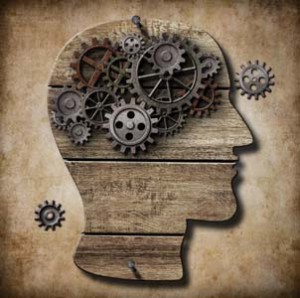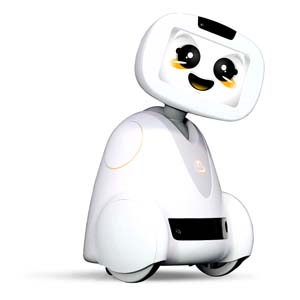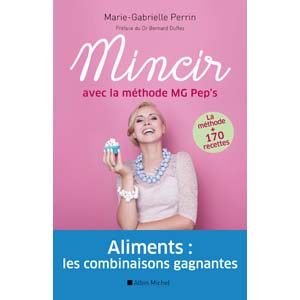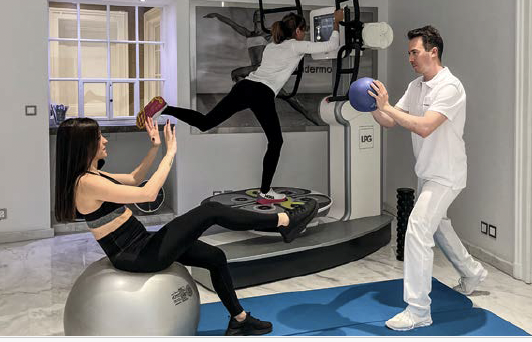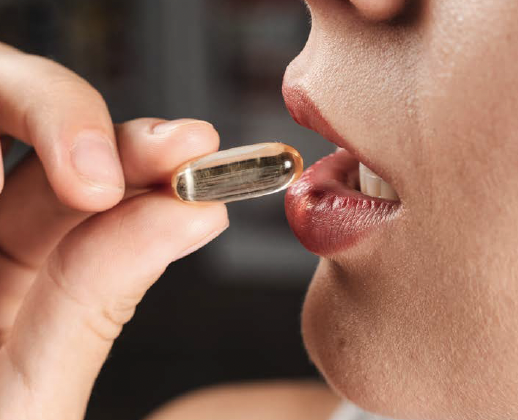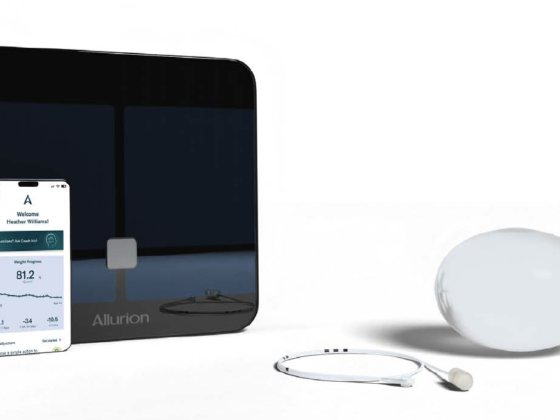By Doctor Claude Dalle
A lot of people are talking about them, but what exactly are smart pills? They can be defined as drugs that stimulate the brain, in one way or another, to enhance its capabilities and improve the person’s performance, making them more efficient, more alert.
Smart pills or neuroenhancers have been used by students and artists since the end of the Second World War, with a fair degree of success. Students studying for exams (especially medical students) and artists who want to boost their creativity or keep it flowing for several days at a time are just two types of people who might use these pills. We could also add City traders, aeroplane pilots, and other such professions. By using these drugs, people are effectively doping their body. We are constantly trying to improve our physical appearance through cosmetic medicine, so why not try to enhance our brain power too?
We currently only use around 10% of our brain capacity, so this notion of cognitive enhancement or “brain boosting” and the associated smart pills could well be the first in a long line of new “medicines” that will appear in the future. Back in 1964, Timothy Leary, a great advocate of LSD, adopted a scientific approach to explain the expansion of awareness. He published “The Psychedelic Experience”, a kind of handbook for experimenting with hallucinogenic drugs.
What products are available on the market?
1- Psychostimulants: There are numerous psychostimulants available, such as piracetam, which enhances cognitive function. It acts by protecting the brain and nervous system from a lack of oxygen. Many other molecules have the same effect, including plants such as gingko biloba or ginseng.
2 – Amphetamines: The well-known drug Modafinil, (Provigil ®, Modiodal ®, Alertec ®), nicknamed “brain Viagra”, is an amphetamine. It accelerates the transmission of nerve impulses along the neurons, increases our attentiveness and concentration levels, enables us to sleep less and develops our memory. (Note that Captagon, used by ISIS, is also an amphetamine and is banned in France.)
Amphetamines are drugs that are used to fight fatigue. Like cocaine, amphetamines increase the concentration of dopamine, in particular in the “reward system” (involved in feelings of pleasure), but via a different mechanism. They lead to physical and psychological dependence, and one of the down sides of amphetamines is that when taken they can cause the user to collapse suddenly. In the United States, the use of Modafinil is permitted for shift-workers (firemen, hospital staff, etc.). A word of warning: users can quickly become dependent and withdrawal symptoms include fatigue and malaise. In recent years, an increased misuse of amphetamines, including Modafinil, has been noticed, in particular in athletes. In 1967, British cyclist Tom Simpson died after taking the drug during the Tour de France and, more recently, American sprinter Kelli White, road cyclist David Clinger and basketball player Diana Taurasi have all tested positive for the drug.
Amphetamines should not be taken by people suffering from cardiovascular problems, psychiatric disorders, severe allergies, headaches, etc.
3- Methylphenidate: Another widely-used smart drug is Methylphenidate (Ritalin ®, Concerta ®), prescribed to treat hyperactivity in children and narcolepsy. It acts in a very similar way to cocaine. It is used to improve concentration, as a slimming tool or for recreational purposes, but can lead to heart problems (tachycardia), digestive problems (nausea, vomiting) and neurological problems (muscle spasms, blurred vision, nervousness, anorexia, insomnia, panic attacks, exhaustion, etc.). It is often misappropriated and misused (especially by students) and as such is closely monitored by the AFSSAPS (French Agency for the Safety of Health Products). It has even featured in the American series “House” (season 2, episode 11), during which a patient displays the symptoms of an overdose: muscle spasms, hypervigilance, irritability, cardiac complications, etc. Some psychiatrists are completely against its use, even for treating hyperactive children and narcoleptics, because over the long term it damages the dopaminergic systems and therefore increases the user’s risk of addictions (drugs, alcohol, food, etc.). Furthermore, studies have shown other long-term negative effects, such as failure to thrive in children, cancer, etc., and dopamine deficiency has been linked to Parkinson’s disease.
4- Donepezil: This drug is used for the palliative treatment of Alzheimer’s disease and to boost serotonin (an antidepressant which maintains cerebral “peace”) and acetylcholine levels in the brain, substances whose levels are high when we are young but which quickly decrease with age. It improves memory, boosts vivacity and makes any type of learning easier. However, it can have serious side-effects, such as rhabdomyolysis, the breakdown of muscle tissue. Neuroleptic malignant syndrome is another rare but potentially fatal disorder, characterised by a chemical imbalance which affects the nervous and cardiovascular systems as well as the musculature.
5– DMAE: DMAE or Dimethylaminoethanol is one of the human body’s main amino acids, which can be found in small quantities in fish oil. It can also be prescribed as a medication. It increases the acetylcholine, dopamine and noradrenaline levels and stimulates energy levels and the speed of thought. It is prescribed, both effectively and safely, in small doses for people of a certain age, to increase their mental and physical stamina. DMAE boosts memory and learning, but can have certain side-effects (constipation, depression, epilepsy, bipolar disorders, anger issues, insomnia, respiratory problems, muscle tension, etc.).
6- Caffeine: Finally, we must note that caffeine and many elements present in chocolate, for example, are non-toxic psychostimulants, and this is why so many of us take them. The popularity of coffee is undeniable, as is that of chocolate!
Psychostimulants are not smart drugs, not in the short term or the long term, and are certainly not recreational. “Smart drugs” might be considered as a way of unleashing our potential in a society that is dependent on technology and reveres high achievement, but it is important to remember that the effect that psychostimulants or smart drugs have on the brain is currently unpredictable. We cannot predict the effect that a molecule might have in the short term, and even less so over the long term. The importance that today’s society places on high performance dictates that these products will continue to be used, but in a context in which their effects are still relatively unknown. For a great many people in the United States and in Europe, fame and fortune are the keys to success. Our quest for happiness might well involve optimising our brain power, which is far from being used to its full extent in the present day. “Positive” psychology uses this quest for happiness, and perhaps these new methods are part of that.
So will neurologists soon become quality-of-life consultants?
One thing is certain: we need experts to guide us through this molecular labyrinth. Does medicine really hold the key to our mental happiness? We are definitely well on the way to having “the best brain possible”, and many of us secretly dream of the existence of an “intelligence pill”. In the meantime, we will have to settle for a cup of coffee and a bar of chocolate!
Doctor Claude Dalle
Degree in acupuncture, mesotherapy, Eriksonian hypnotherapy. Speaker at international conferences, course leader at the Faculty of Medicine in Paris. Scientific director of congresses. President of the WOSIAM (World Society for Interdisciplinary Anti-Aging Medicine). President of the European Federation for Active Aging. Member of the International Hair Research Society.
Books: Anti-Aging : the guide. Les traitements anti-âge (Anti-aging treatments). Peau et anti-âge (Skin and anti-aging).


